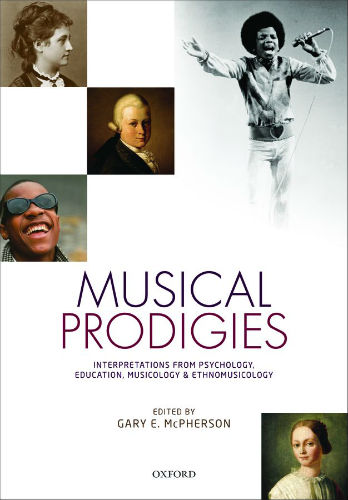Professor Gary McPherson’s research shows that motivation and the quality of music practice are more powerful predictors of performance skill than the quantity of practice.
Ormond Chair of Music and Director of the Melbourne Conservatorium of Music, Professor Gary McPherson, has conducted extensive research on the biological, cognitive and social processes involved in acquiring and applying musical skill. His research has provided an increased and deepened understanding of how individuals develop wide-ranging musical skills.

The most widely accepted explanation for how musicians attain expert performance skill is that they undertake around 10,000 hours of highly structured, intense, deliberate practice over at least 10 years. However, traditional forms of practice involving the dogged repetition of notes and technique are not, according to Professor McPherson, the most effective method for musicians to develop and perfect their skills and performance style.
One recent review suggests that deliberate practice may account for as little as 30 per cent in the variance in expertise among musicians. This research into the deeper recesses of the relationship between innate ability and elite performance strongly suggests that the dictum of “more practice” is not directly linked to musical mastery.
Professor McPherson argues the “under-theorised and poorly critiqued” master/apprentice model – ‘I say, you play’ – is a hindrance to full expression of the talented student.
“No other theoretical scrutiny of both the motivation and practice quality of highly skilled musician has ever occurred,” he says.
Elite performers usually receive their training in music conservatoriums or university music schools. These environments are “highly competitive and characterised by high levels of anxiety and attrition.”

Professor McPherson’s research examines the motivation and practice quality of students, two dimensions of learning that have a direct bearing on professional performance.
Other, non-artistic domains – for example elite performance in sport – have moved towards a focus on the individual and their own learning and training style to boost potential and performance.
Professor McPherson is the chief investigator on an important international study involving hundreds of students and is attempting to understand more precisely the relationships between motivation, practice quality and performance quality. As a music professional with a career as a trumpeter and conductor with various ensembles around Australia and the US, he is perfectly positioned to examine motivation and practice quality in musicians who are undertaking advanced training in music performance.